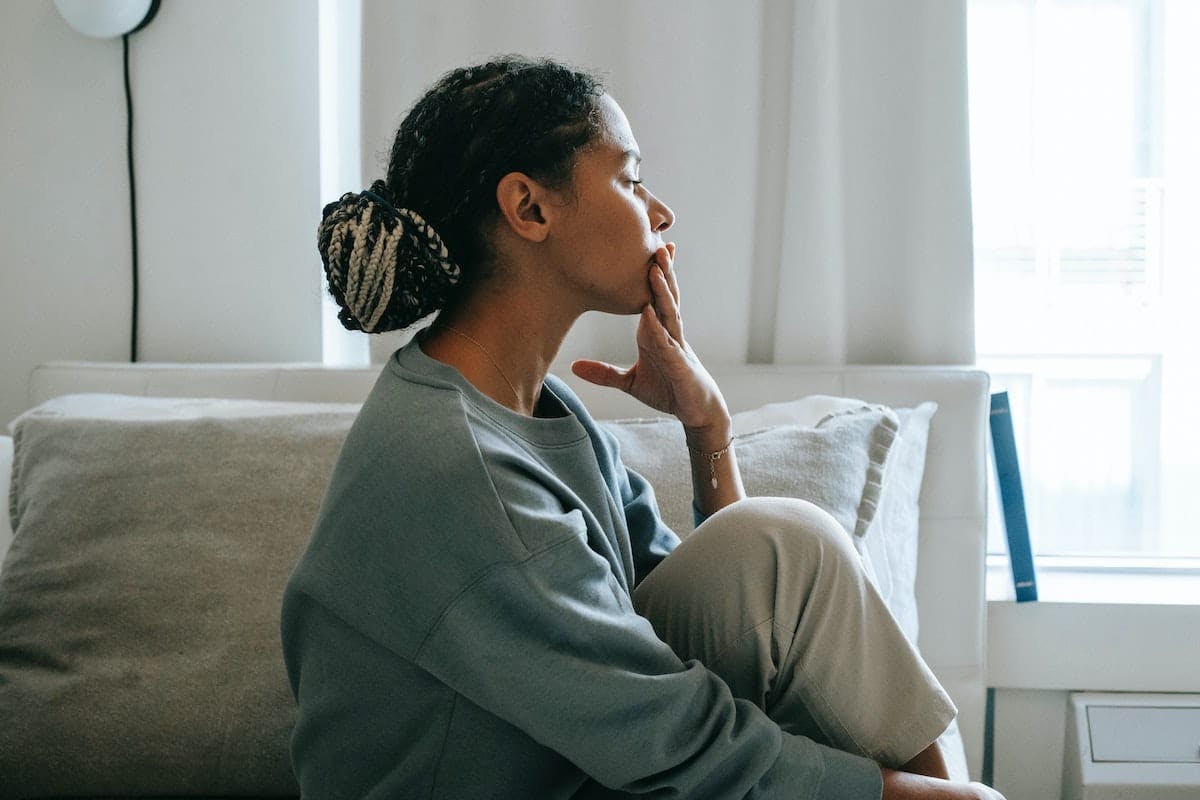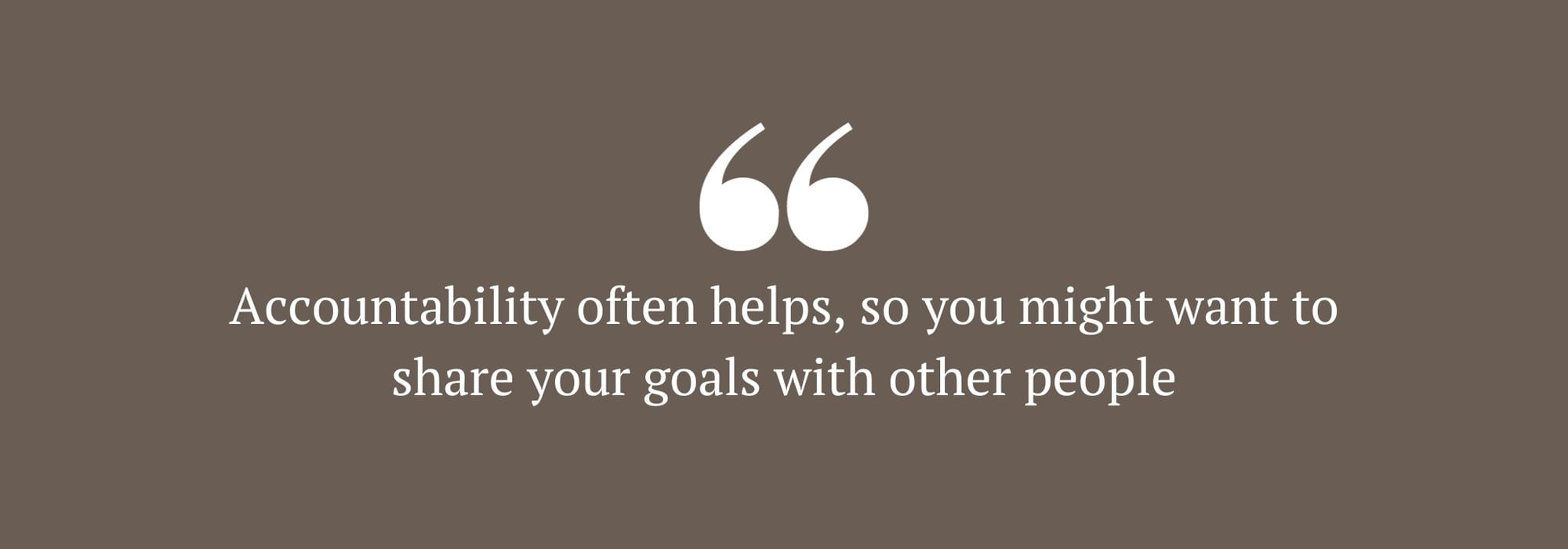
Feelings of guilt, shame, paranoia, jitteriness, and low mood – hangxiety is an unpleasant experience that can accompany the traditional symptoms of a hangover. So, how can you begin to address it?
Hangovers are often talked about as an inevitable symptom of a great night out, or a rite of passage in the world of socialising. The conversation around them tends to be lighthearted – think of the laughs the classic ‘wearing sunglasses inside’ trope gets in TV shows and films. But perhaps we need to spend more time talking about another side of the experience: hangxiety.
It’s a catchy term, but the experience of anxiety is anything but enjoyable. It refers to psychological symptoms, such as anxiety and depression, that appear the morning after drinking. Although it may be worse in those with existing mental health problems, hangxiety can affect anyone – in fact, a study published in the Journal of Clinical Medicine, estimates it impacts around 12% of people. In addition to a general sense of anxiety and low mood, hangxiety may also manifest in feelings of guilt, shame, or regret, paranoid feelings, irritability, jitteriness, or feelings of dread.
So, why does this happen?
One cause has to do with the source: alcohol. When we’ve had a few drinks, we can become flooded with warm and calm feelings that make us feel relaxed. The problem is, those feelings are short-lived. As the alcohol wears off, and your brain works hard to strike its normal chemical balance, it reduces the brain’s GABA (a chemical made in the brain which causes relaxed feelings) and increases glutamate, which can cause those anxious feelings. But, beyond what’s happening on a chemical level, there are several other factors at play.
“People drink alcohol for all sorts of different reasons, but we often drink to feel relaxed and to lower our inhibitions,” says counsellor Georgina Sturmer. “The downside to this is that when the alcohol wears off, we are left feeling all of the same things that we felt before. So, if we’re prone to anxiety, then we’ll find that it’s still there – even if we have temporarily forgotten our fears and worries. And there might be an added layer of embarrassment, guilt, or anger, based on what happened, or what we did, while we were drinking.”
In addition, some of the classic symptoms of a hangover, including dehydration and a lack of sleep, can also contribute to anxious feelings. Plus, a study, published in the Journal of Clinical Medicine, found that hangovers can significantly lower our alertness, and lead to higher levels of mental fatigue and anxiety when the study’s participants were asked to complete a multitasking framework.
All this considered, there’s a lot to contend with. So, what’s the best way to navigate these feelings?
Dealing with hangxiety
If all this sounds familiar, Georgina has some tips for dealing with hangxiety when it strikes:
-
Understanding. The first step is to understand what’s going on. You might be overwhelmed by the combination of your physical hangover and your feelings of anxiety. Take stock and acknowledge that your hangover, and the accompanying physical symptoms, are likely to be exacerbating your anxiety. Notice if you’re spiralling into negative thoughts or catastrophising.
-
Tackling the hangover. Then consider what you need to do in order to tackle the hangover itself. This might involve sleep, water, food, fresh air, or whatever helps you to alleviate that hangover feeling.
-
Coping with the anxiety. Different approaches work for different people. It might be helpful for you to unpick exactly what your anxiety stems from. Is it related to the events the night before? If so, it might be worth talking it through with someone else who was there, to gain some perspective and avoid catastrophising. Or perhaps it’s an underlying feeling that often follows you. If this is the case, then I’d suggest seeking some professional support to help you to look at the root cause of your anxiety, and to offer you coping strategies.

Is it time to consider your relationship with alcohol?
Although it is possible to have a healthy relationship with alcohol, if you struggle with hangxiety, it may be a prompt to assess your drinking, and consider whether you should cut back.
According to charity drinkaware, ‘unwanted physical or mental effects from drinking’ makes the list of signs to watch out for when assessing your relationship with alcohol. Other things to consider include ‘giving increasing priority to alcohol’, or ‘impaired control over alcohol use’ (for example, not being able to control how long a drinking session may be, or drinking more than you intend to, or in inappropriate settings).
“Accountability often helps, so you might want to share your goals with other people,” suggests Georgina, when considering advice for those who wish to cut back on drinking. “Consider alternative options for socialising, so that it doesn’t always feel as if having fun has to be accompanied by alcohol. And notice how much better you feel when you don’t drink, or when you drink less. This can provide you with the ‘evidence’ or motivation that you might need in order to continue.”
The NHS also recommends using the Drink Free Days app, to set yourself a weekly unit target and to stick to it. You could also set a budget for alcohol, and try only withdrawing the exact cash you need for a couple of drinks, to control your spending if you’re out. Switching to drinks with lower alcohol levels (such as lighter beers and rosé wines) is a handy idea, as is declining to keep up with friends by opting out of joining in with rounds. And while it’s recommended that adults drink no more than 14 units of alcohol a week, spread across three days or more (that’s around 6 medium glasses of wine or six pints of beer), how each of us reacts to alcohol will differ drastically – and you may still experience the symptoms of hangxiety with drinking within the recommended limits, so the key thing is to assess your individual relationship.
Taking back control
Changing your drinking habits can be a real challenge. We face a lot of messaging from mass culture about what it means to have fun and be social, and we can also feel a lot of pressure from the people in our lives. But if you are experiencing hangxiety, and are finding that it is impacting your life in a negative or destructive way, it may be time to take back control. But you don’t have to do it alone. Apps, online forums, your GP, and mental health professionals can offer support and guidance to help you put a cork in hangxiety.

